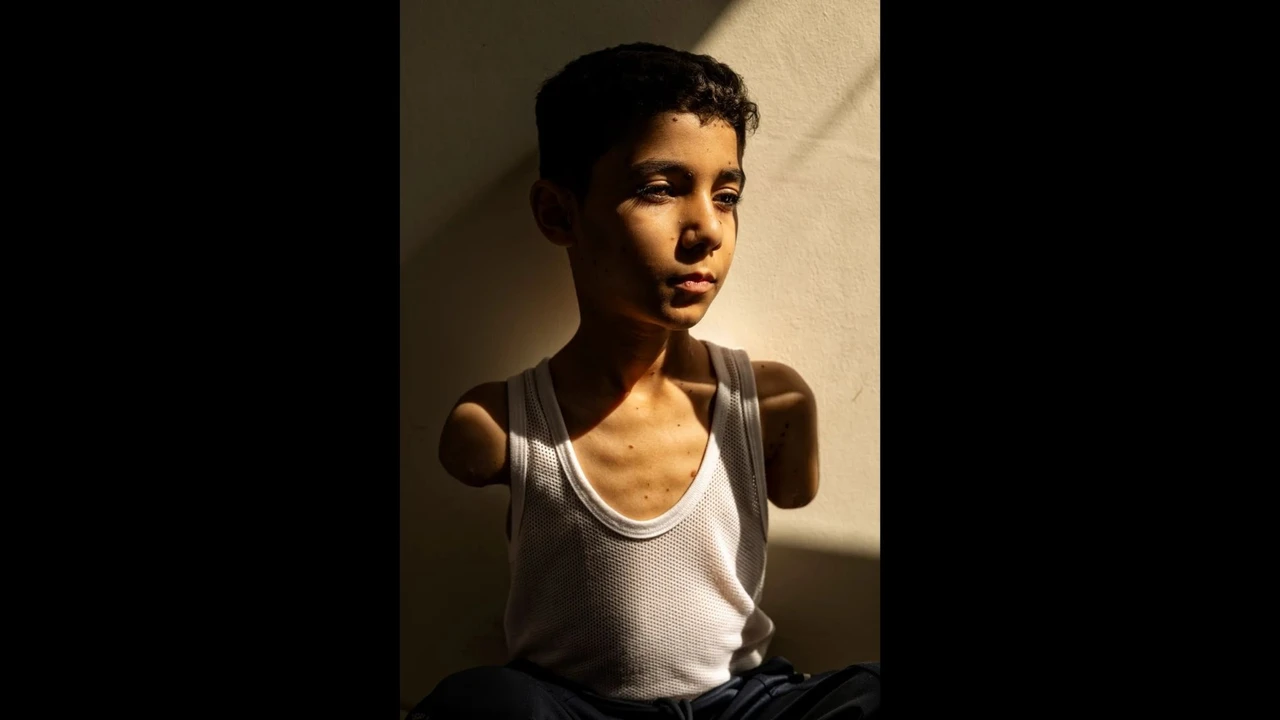Iranian FM meets Qatari officials amid Israel’s retaliation threat
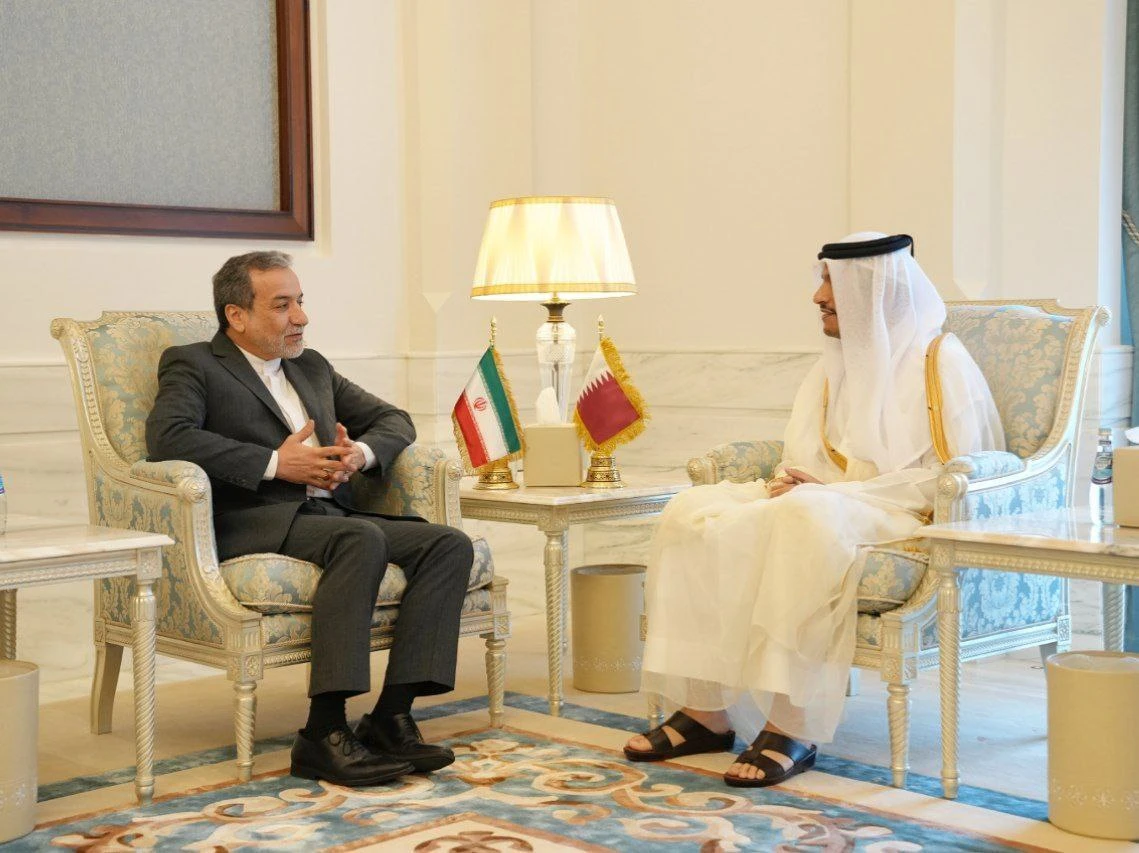 Iran's FM Araghchi and Qatari Sheikh Mohammed bin Abdulrahman Al Thani. (via X)
Iran's FM Araghchi and Qatari Sheikh Mohammed bin Abdulrahman Al Thani. (via X)
Iranian Foreign Minister Abbas Araghchi held talks with his Qatari counterpart Sheikh Mohammed bin Abdulrahman Al Thani in Doha on Thursday, following Israeli threats to retaliate against Iran for last week’s missile attack.
The discussions come as tensions in the region remain high, with escalating conflict in Gaza and Lebanon.
Key talks on regional tensions
The meeting between Araghchi and Sheikh Mohammed focused on the ongoing conflict in Gaza and efforts to de-escalate tensions in Lebanon, where Israel has ramped up airstrikes against Hezbollah.
According to Iranian foreign ministry spokesman Esmail Baghaei, the discussions were part of “important consultations” on averting further conflict.
“It is the responsibility of all states to maximize efforts to shield our region against an imposed catastrophe by stopping genocide in Gaza and aggression on Lebanon,” Araghchi said after the talks.
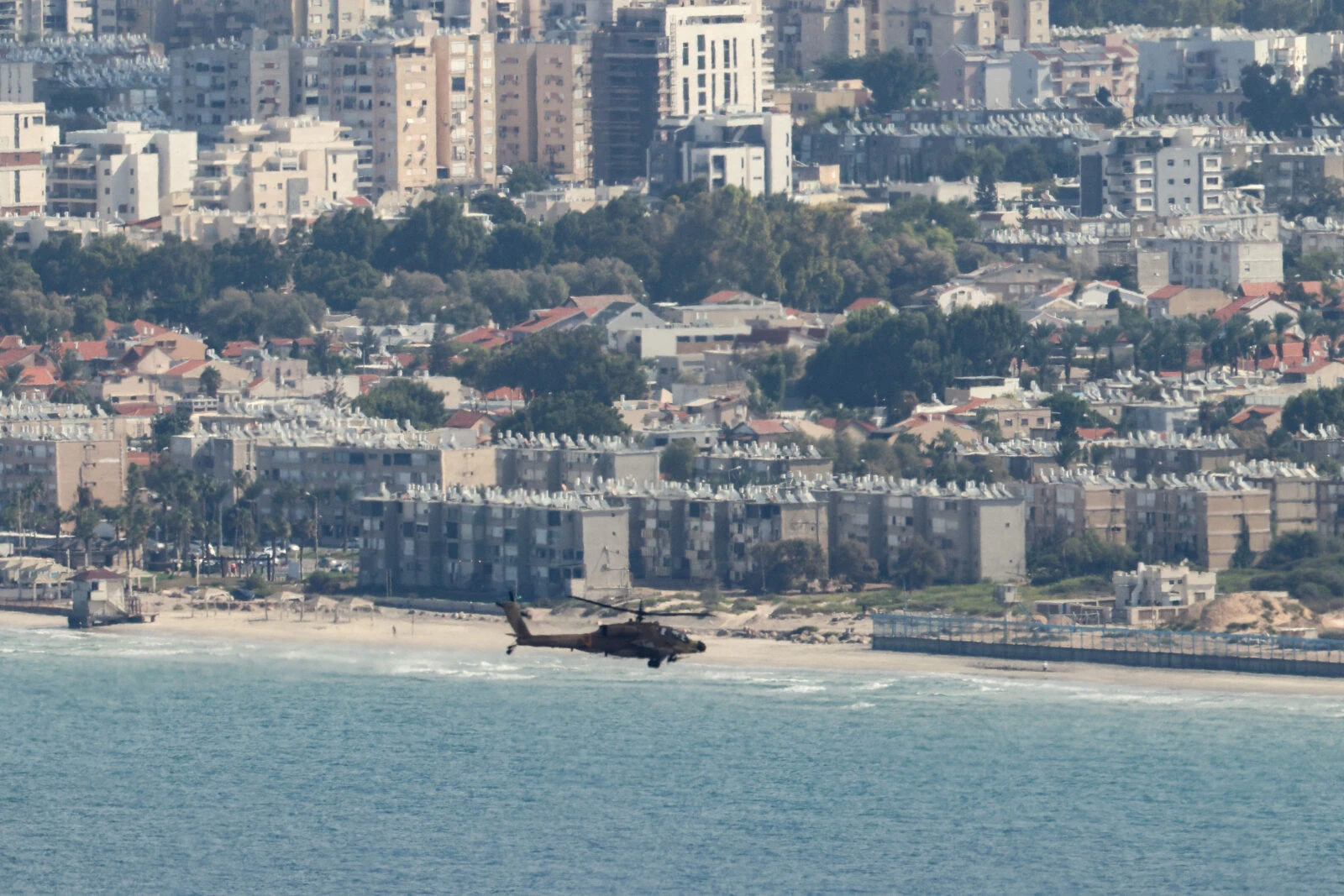
Qatar’s role in ceasefire efforts
Qatar has been playing a key role in mediating between conflicting parties in the Middle East. The Gulf state has been actively involved in calls for a cease-fire in both Gaza and Lebanon, where Hezbollah, backed by Iran, has been involved in clashes with Israeli forces.
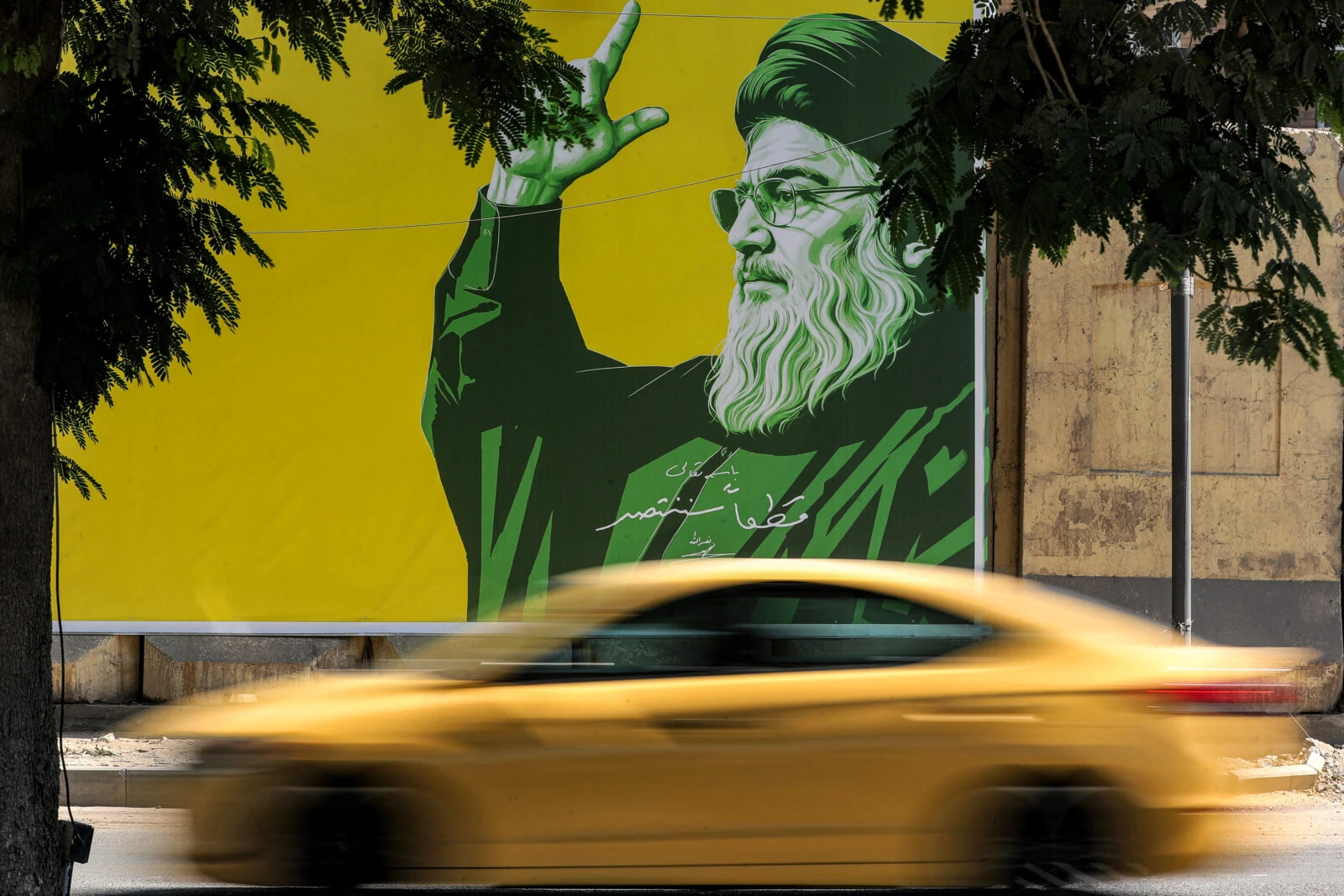
Israel’s retaliation warning
The meeting comes a day after Israel’s Defense Minister Yoav Gallant warned that any retaliation for last week’s missile attack by Iran would be “deadly, precise, and surprising.” Israel has been engaged in a year-long war with Hamas in Gaza and has expanded its operations against Hezbollah in Lebanon.
Iranian officials, including President Masoud Pezeshkian, have stated that Tehran does not seek war with Israel but has vowed to respond if further Israeli action is taken.
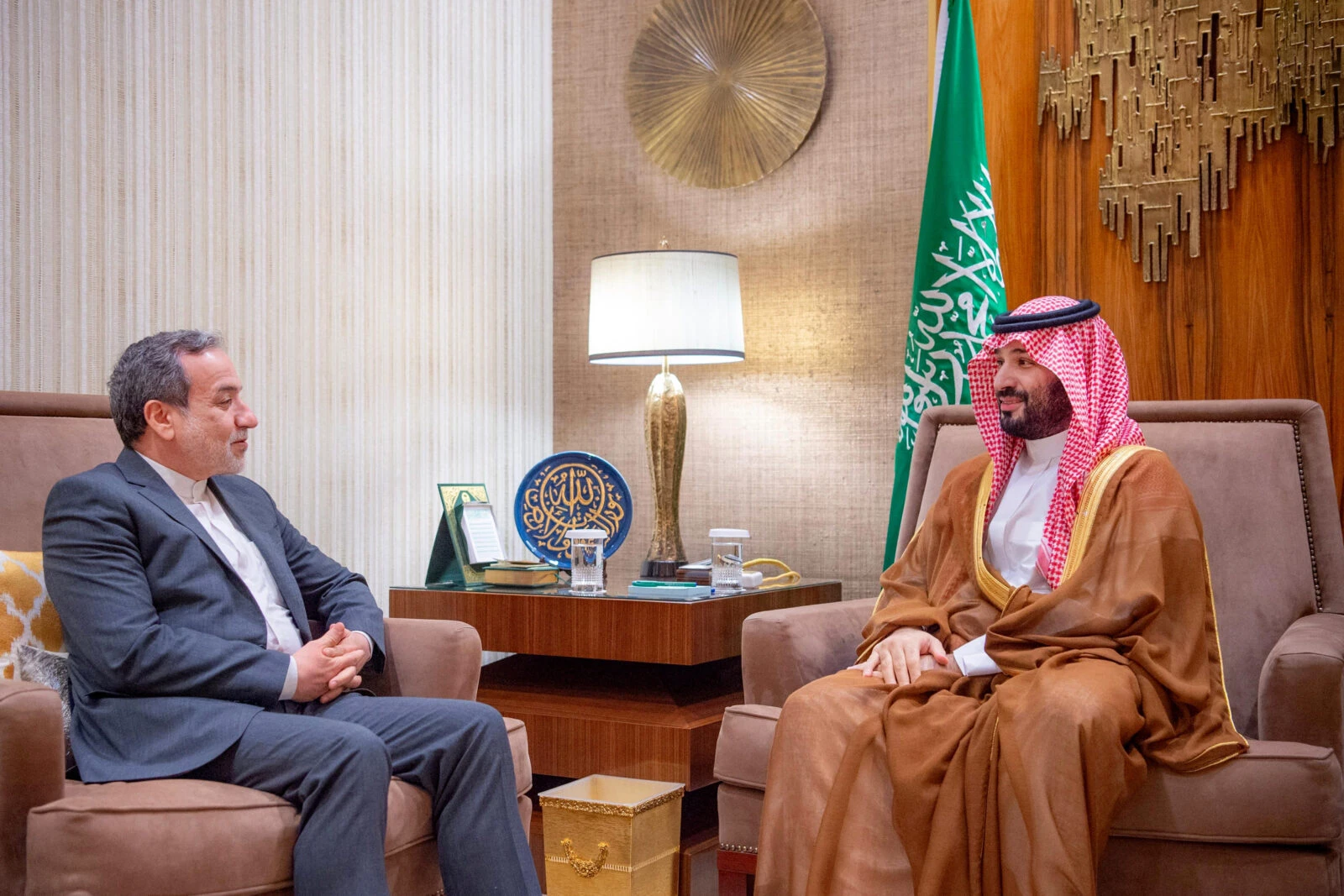
Iran’s broader diplomatic engagement
Araghchi’s visit to Qatar follows his meetings in Saudi Arabia, where he held talks with Crown Prince Mohammed bin Salman and Saudi Foreign Minister Prince Faisal bin Farhan.
The discussions are part of Iran’s efforts to bolster diplomatic ties in the region and address the humanitarian crisis caused by the ongoing conflicts.



